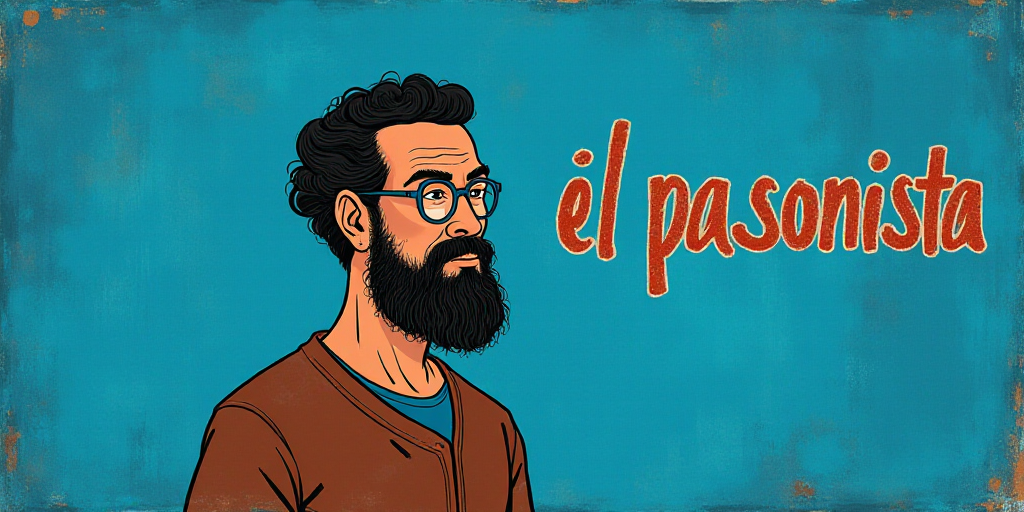Background on Key Figures and Relevance
Joaquín Guzmán López, son of notorious Mexican drug lord Joaquín “El Chapo” Guzmán, has been at the center of a controversial negotiation between the United States and Mexico. In Chicago, federal prosecutors confirmed they would not seek the death penalty for Guzmán López, revealing a cooperative judicial agreement that highlights the Mexican government’s vulnerability in binational security matters.
Joaquín Guzmán López, along with Ismael “El Mayo” Zambada—a former associate of “El Chapo” Guzmán—landed in Santa Teresa, New Mexico on July 25, 2024. Zambada claimed he was kidnapped in Culiacán by Guzmán López and handed over to Homeland Security Investigations (HSI) agents from the Department of Home National Security (DHS). Although Mexico’s Federal Attorney General’s Office (FGR) opened a case for kidnapping and human trafficking, they never received the necessary information from U.S. authorities.
Guzmán López sought judicial benefits for himself and his brother Ovidio, who was extradited in 2023, as well as protection for his family. Seventeen family members, including his mother, entered the U.S. from Tijuana in recent weeks. In exchange, Guzmán López handed over Zambada, a historical narcotraficante and significant obstacle to the rise of “Los Chapitos” within the Sinaloa Cartel.
Negotiation Details and Impact
This operation was meticulously negotiated. Guzmán López aimed to secure judicial advantages for himself and his brother while ensuring family safety. In return, he delivered Zambada to U.S. authorities, disrupting the Cartel’s balance and causing internal strife between Zambada’s faction (La Mayiza) and the Guzmán faction (Los Chapitos) in Sinaloa. This led to violence, displacement, and paralysis in key areas of the state.
The U.S. justice system has proceeded unimpeded, with the Department of Justice postponing Guzmán López’s judicial hearing since March. His case, along with Ovidio’s, advances quietly as authorities gather intelligence on the cartel’s routes, partners, and financial schemes.
Zambada’s Situation and Mexico’s Response
Zambada faces 17 federal charges, including homicide and fentanyl trafficking. Although eligible for the death penalty, his age, health, and potential willingness to negotiate reduce this likelihood. Since January, when a crucial hearing took place in New York, Zambada’s defense has sought an agreement avoiding trial and execution. His son, Vicente “El Vicentillo,” will be a key witness against him.
Mexican President Claudia Sheinbaum and Attorney General Alejandro Gertz have demanded explanations, but the U.S. government has ignored over 30 information requests. Mexico was sidelined in decision-making, left to watch indignantly as the operation reshaped the country’s criminal landscape. The U.S. silence is not only diplomatically offensive but also casts doubt on the purported trust between the two governments in security matters.
Key Questions and Answers
- What is the significance of the U.S. dropping the death penalty for Joaquín Guzmán López? It signifies active cooperation between the U.S. and Guzmán López, allowing for continued information exchange on cartel activities without public scrutiny.
- Why is Mexico’s role in this case limited to observing the negotiations? The U.S. has largely ignored Mexico’s requests for information, effectively sidelining Mexico from decision-making processes and casting doubt on the claimed trust between the two nations in security matters.
- What are the implications of this case for binational security cooperation? This case highlights the vulnerability of Mexico’s position in binational security matters and raises questions about the effectiveness and trust in existing cooperation frameworks.






